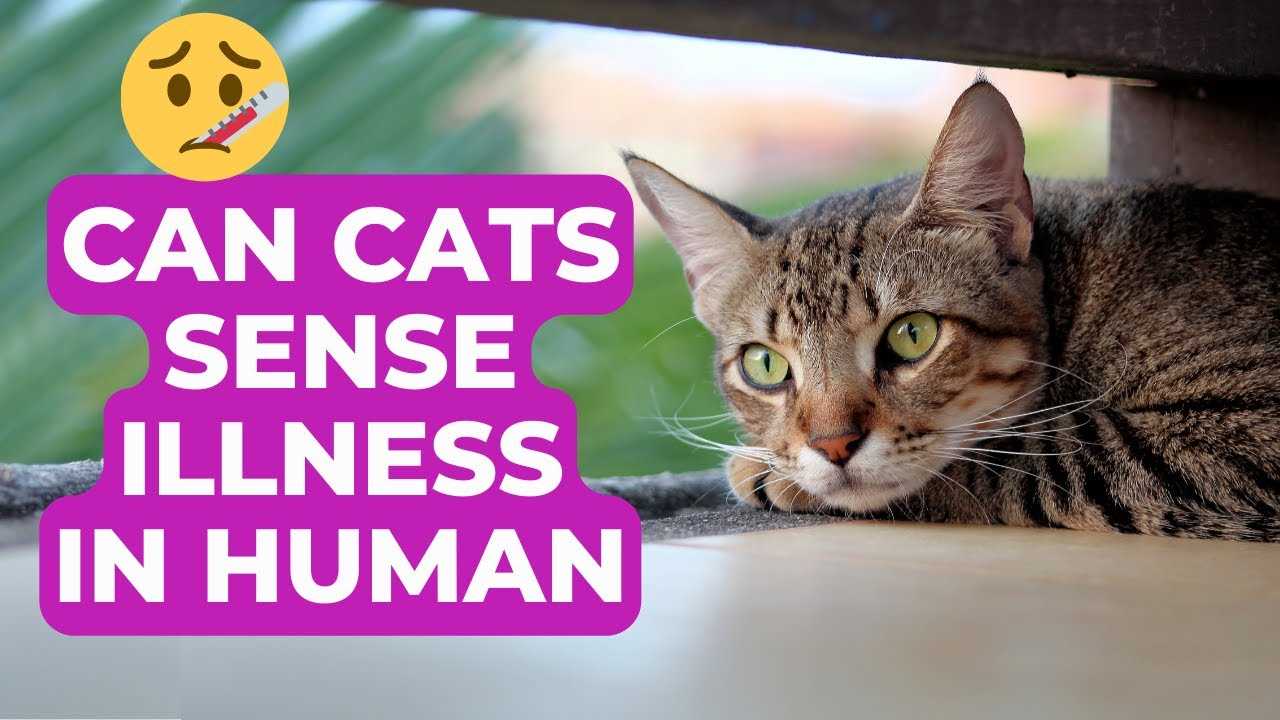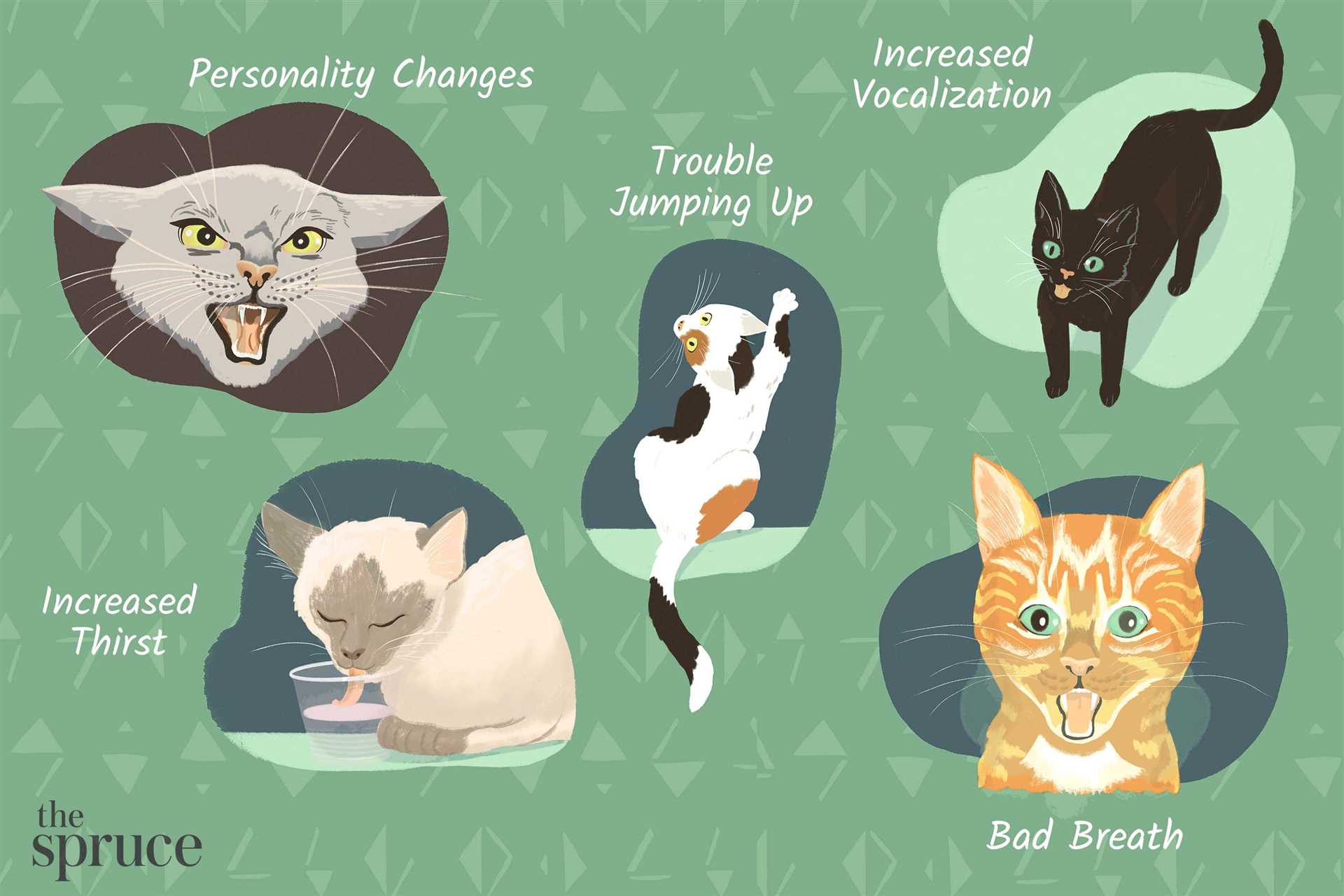



Yes, I can assure you that our health can mirror that of humans in various ways. Just like you, I can catch colds, suffer from allergies, and occasionally deal with more serious conditions. Keeping an eye on our behavior is essential; changes in appetite, energy levels, or litter box habits can be early signs of discomfort.
Regular veterinary check-ups play a crucial role in monitoring our well-being. Vaccinations and preventive treatments help safeguard against many illnesses. It’s advisable to stay informed about common health issues that may affect me and my feline friends, such as dental disease, obesity, and diabetes. If unusual symptoms appear, seeking professional advice promptly is key.
Nutrition significantly influences our health too. A balanced diet with appropriate nutrients supports a strong immune system. Make sure the meals are high in protein and low in fillers to keep energy levels up. Hydration is equally important; fresh water should always be accessible to prevent urinary issues.
Understanding that we can face health challenges similar to yours emphasizes the importance of attentive care. Regular playtime, mental stimulation, and a stress-free environment contribute to a happier and healthier life. Always keep a watchful eye on any changes, and don’t hesitate to consult a vet when needed.
Do Cats Experience Illnesses Similar to Humans?
Absolutely! Felines can face various health challenges that mirror human conditions. For instance, obesity in us can lead to diabetes, just like in humans. Regular weight checks and balanced diets are crucial to keep our figures in check.
Common Health Issues
Respiratory problems often occur, especially with allergies or infections. Sneezing, coughing, or nasal discharge may indicate a need for a vet visit. Additionally, dental health plays a significant role; periodontal disease can affect our appetite and overall health. Regular dental check-ups and cleanings are advisable.
Preventive Care
Routine veterinary visits help catch health issues early. Vaccinations and parasite control are necessary to prevent diseases. Monitoring behavior changes, such as decreased activity or altered eating habits, can signal underlying health concerns. Always consult with a vet if anything seems off!
Common Illnesses in Cats and Their Symptoms
As an 8-year-old Scottish Fold, I’ve experienced a few health issues firsthand. Here are some common ailments that may affect furry friends and their telltale signs.
Feline lower urinary tract disease (FLUTD) is prevalent, especially among those who are stressed or overweight. If you notice frequent trips to the litter box, straining, or blood in urine, it’s time for a vet visit.
Dental disease is another concern. Watch for bad breath, difficulty eating, or excessive drooling. These symptoms often indicate plaque buildup or gum issues that need addressing.
Hyperthyroidism is not just a human problem. If I suddenly become more vocal, lose weight despite eating well, or seem overly hyperactive, it could be a sign of this condition.
Allergies can also plague us. Symptoms like itching, excessive grooming, or sneezing may point to environmental triggers or food sensitivities.
Upper respiratory infections can cause runny noses, sneezing, and watery eyes. If I start to sound congested or lose my appetite, it’s wise to check in with a veterinarian.
Lastly, obesity can lead to several health problems. If I find it challenging to groom myself or have decreased energy, a discussion about weight management with a pet doctor is essential.
Staying informed about these issues helps ensure that we live our best lives. Regular check-ups and monitoring any changes in behavior or appetite are key to maintaining health.
How to Recognize When Your Cat is Unwell
Pay attention to changes in behavior and routine. If I’m not eating, drinking, or grooming as usual, it’s a clear sign something might be off. Monitor my litter box habits too. If I’m using the box less often, or if the output seems abnormal, it’s worth investigating.
Behavioral Indicators

Look for these signs that might indicate discomfort:
- Increased hiding or withdrawal
- Excessive vocalization or unusual silence
- Changes in activity levels, such as lethargy or hyperactivity
- Aggression or irritability when approached
Physical Signs
Observe physical symptoms closely:
| Symptom | Possible Issue |
|---|---|
| Vomiting | Digestive issues or hairballs |
| Diarrhea | Dietary changes or infections |
| Coughing or sneezing | Respiratory problems or allergies |
| Weight loss | Metabolic disorders or dental issues |
| Changes in coat condition | Skin issues or nutritional deficiencies |
Always consult with a veterinarian if you notice any of these indicators. Regular check-ups are also a good way to catch issues early on. For my comfort, I appreciate a clean space, so consider finding a suitable litter box for small cats to keep my area tidy and stress-free.
Preventive Measures for Cat Health
Regular veterinary check-ups are crucial for maintaining good health. Schedule visits at least once a year, even if everything seems fine. Vaccinations and preventive treatments for parasites can save a lot of trouble in the long run.
Nutrition and Diet
Feeding a balanced diet tailored to your age, weight, and activity level helps in preventing various health issues. Always provide fresh water and consider high-quality commercial food or consult a vet for home-cooked options. For tasty recipes, you might want to check out how to cook knockwurst skillet for something special!
Physical Activity and Mental Stimulation
Engaging in playtime not only keeps the body fit but also sharpens the mind. Interactive toys, climbing structures, and even simple cardboard boxes can provide entertainment and exercise. Ensure your environment is stimulating to avoid boredom-related issues.
Differences Between Feline and Human Ailments
While both species can experience health challenges, the specifics often differ significantly. Understanding these distinctions is key for ensuring optimal care.
- Pathogens: Various bacteria and viruses affect each species uniquely. For instance, the feline leukemia virus (FeLV) is exclusive to my kind, while influenza affects humans.
- Symptoms: Signs of distress can vary. A purring companion might indicate comfort in one situation, but in another, it could signal pain or discomfort.
- Metabolism: My digestive system processes food differently. Certain human foods can be toxic, like chocolate or onions, which may lead to severe reactions in me.
- Duration of Illness: Recovery times differ. Humans might take longer to heal from colds, whereas I can bounce back from minor infections more rapidly.
- Anatomy: Organ functions aren’t the same. My kidneys, for instance, have different filtration capabilities compared to human kidneys, making specific conditions like chronic kidney disease more prevalent in my kind.
Recognizing these differences allows for better monitoring and appropriate responses to health issues. It’s important to adapt care practices based on these unique traits.
When to Consult a Veterinarian
Whenever I notice unusual behavior or physical changes, it’s essential to reach out for professional help. Signs such as persistent vomiting, diarrhea lasting more than a day, or noticeable weight loss are immediate red flags. If I stop eating or drinking, that requires swift action too. Any sudden lethargy or noticeable distress calls for a vet visit without delay.
Specific Symptoms to Watch For
Difficulty breathing, excessive scratching, or swelling in any area is alarming and should not be ignored. If I exhibit any signs of pain, like hiding more than usual or vocalizing differently, that’s a clear signal that something may be wrong. Changes in litter box habits, whether that’s urinating outside the box or straining to go, should be addressed urgently.
Routine Check-Ups

Regular check-ups are also important for long-term health. Annual visits help catch potential issues early. Vaccinations and preventive treatments are crucial to keep my immune system strong. Staying proactive is key to ensuring I lead a happy and healthy life.
Home Remedies for Minor Cat Ailments
For minor issues like hairballs, a small amount of pumpkin puree can help. Just a teaspoon mixed into food can aid digestion and ease the passage of hairballs.
If there’s a minor upset tummy, plain boiled chicken or rice can be soothing. Ensure it’s unseasoned and cut into small, manageable pieces. Serve a small portion to see how it settles.
For minor skin irritations, a diluted solution of chamomile tea can work wonders. Let the tea cool, then gently apply it to the affected area with a clean cloth. This can help calm inflammation.
If there’s excessive scratching or minor itchiness, a mixture of oatmeal and warm water can provide relief. Soak a cloth in the solution and apply it to the itchy spots for a few minutes.
For a runny nose, using a humidifier in the room can help ease congestion. Make sure it’s at a safe distance and not too hot to avoid burns.
If there’s a slight cough, honey can be beneficial. A small amount can soothe the throat. However, always check for allergies first.
For minor eye discharge, a warm, damp cloth can be used to gently wipe away any gunk. This helps keep the area clean and prevents further irritation.
Always monitor for any changes and consult a vet if conditions worsen or don’t improve. These suggestions are for minor issues and not a substitute for professional care.










